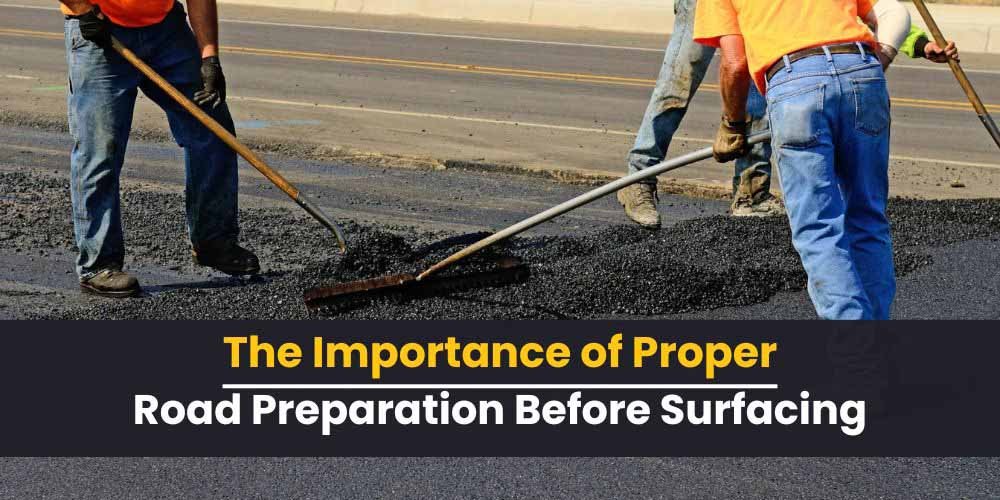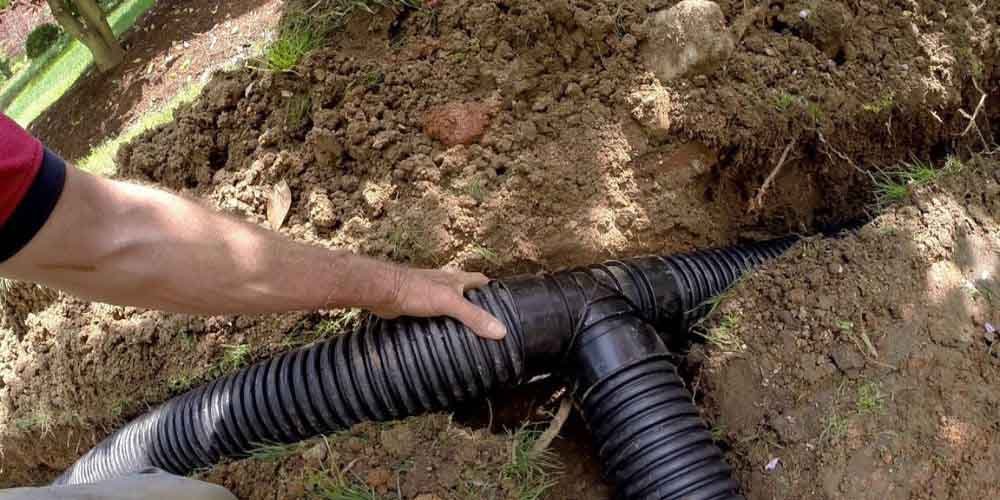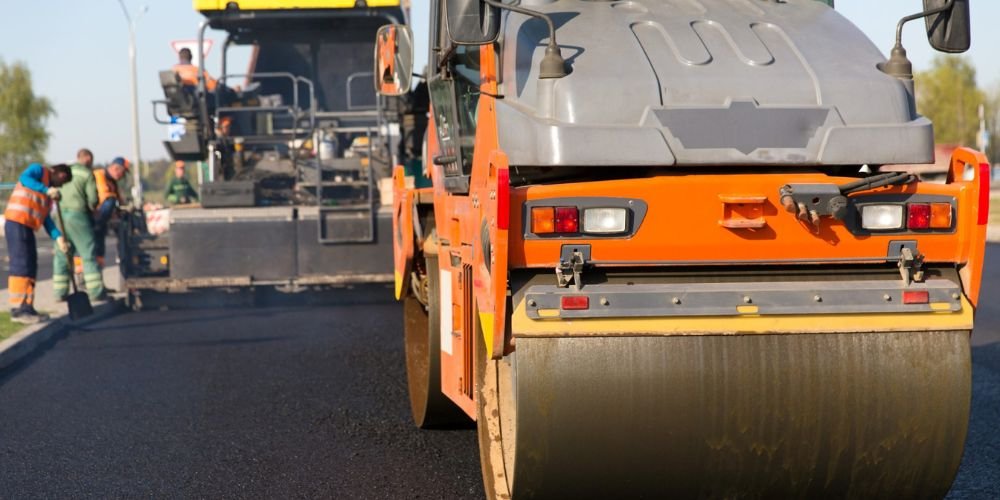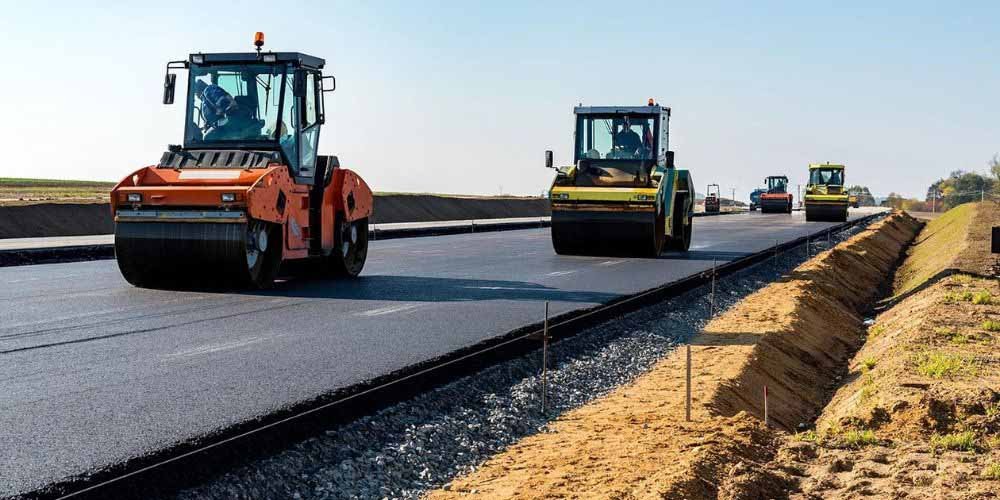The Importance of Proper Road Preparation Before Surfacing

In relation to road preparation, any expert contractor and engineer would tell you that safety and attention to detail are extremely important. The process, after all, is complex and lengthy. However, a thorough clearing, and excavation are vital along with the construction of the road’s foundation. By completing the entire procedure correctly, the first time, you’ll save a ton of money in repairs (or in road resurfacing) in the long run.
Understanding Road Preparation: The Foundation of Safe Roads

Factors Influencing Road Preparation
Several factors from climate to the soil’s condition have an impact on how an area is prepared for the construction of a new road. The most crucial factor that affects road preparation is the design speed which directly correlates to the width of lanes and any turning radii that are included. Basically, the road needs to be designed to accommodate the size and speed of the vehicles that will be traveling upon it.
Climate and Weather Conditions
Naturally, the weather has a strong effect on the progress of a road surfacing project. Materials that have been collected can get blown away by high-speed winds. Or excavation can be set back for days due to heavy rains and mud accumulation. On the other hand, the weather may be calm, but hot temperatures endanger the construction crew to where their schedule is moved to the evening, night, or early morning hours.
Traffic Load and Volume
Also, the traffic load and volume will affect how the soil is prepared and how the road’s foundation is constructed. In other words, a busy highway that will see many commercial vehicles carrying heavy loads will require more extensive excavation to accommodate more layers.
Soil Composition and Stability
Plus, you must consider the soil’s composition and stability. If you’re dealing with a lot of clay in the ground of the road’s construction site, then more substances need to be added to stabilise the area once it’s excavated. This could include adding more aggregates, waterproofing by adding natural or synthetic materials, or strengthening the soil through chemical means like adding ash, lime, and soil cement.
Environmental Considerations
Additionally, engineers who design roads must consider incorporating materials that are sustainable and eco-friendly. For example, scientists based at the University of Colorado in Boulder have concocted cement derived from algae as opposed to silicon, iron, aluminum, and other non-renewable materials. If contractors start using this type of material, then the construction process leaves less of a carbon footprint.
Importance of Adequate Drainage

Preventing Water Damage
Very few natural occurrences can damage a road more than standing water. For this reason, building a proper cross slope is vital to a road’s drainage system. The objective is to direct water flow into the curb inlet where it will flow to a catch basin. This prevents the water from accumulating on the surface, thus causing hazardous driving conditions, and the degradation of the surface.
Improving Road Longevity
As noted, the surface would wear away quickly if adequate drainage was part of the road preparation plan. Plus, if properly graded, the water would not affect the base and foundation, thus increasing the life of the road.
Techniques for Road Base Preparation

Full Depth Reclamation
With this technique, the pavement section that’s been marked for reconstruction is pulverised along with part of the underlying materials. These road materials will then make up the new stabilised base course.
Mechanical Stabilisation
This process involves altering the soil’s grading by mixing it with other types of soils that have a different grading. By employing this technique, the construction crew is creating a compacted soil mass.
Chemical Stabilisation
Chemical stabilisers, also known as soil binders, provide temporary stabilization. These additives include water with surfactant, organic petroleum, or a clay additive such as chloride compounds.
Ensuring Safety and Smoothness

Addressing Surface Irregularities
When it comes to surface irregularities, the utmost caution is taken in the preparation in the subgrade and granular base. This phase can involve the stabilisation of the subgrade or even the over-excavation of a poorly constructed subgrade. The crew can also compact the subgrade and/or apply a prime coat, depending on the severity of the surface defects.
Enhancing Skid Resistance
Yet another safety factor that requires much attention is making sure you have a surface that’s skid resistant. This is carried out by resurfacing or retexturing. Different techniques for retexturing include shot-blasting, diamond grooving, or bush hammering. Resurfacing involves the application of a chemical treatment that also seals and protects from water penetrating beyond the surface.
Conclusion
Conclusively, road preparation is quite important to the structural integrity of the pavement, subbase, and foundation. Not only is the process of road preparation important to its longevity but also to the safety of those who are traveling on this pavement. Tarworks Construction is a leading road construction company in Johannesburg, South Africa, providing paving services including driveway installation, repair, and so on. Our team of experienced professionals can assess your driveway and recommend the best course of action to keep it looking great for years to come. Contact us for top-quality services for road preparation before surfacing.
Recommended Posts

All you need to know about Tar Surfacing in Johannesburg
January 31, 2022
